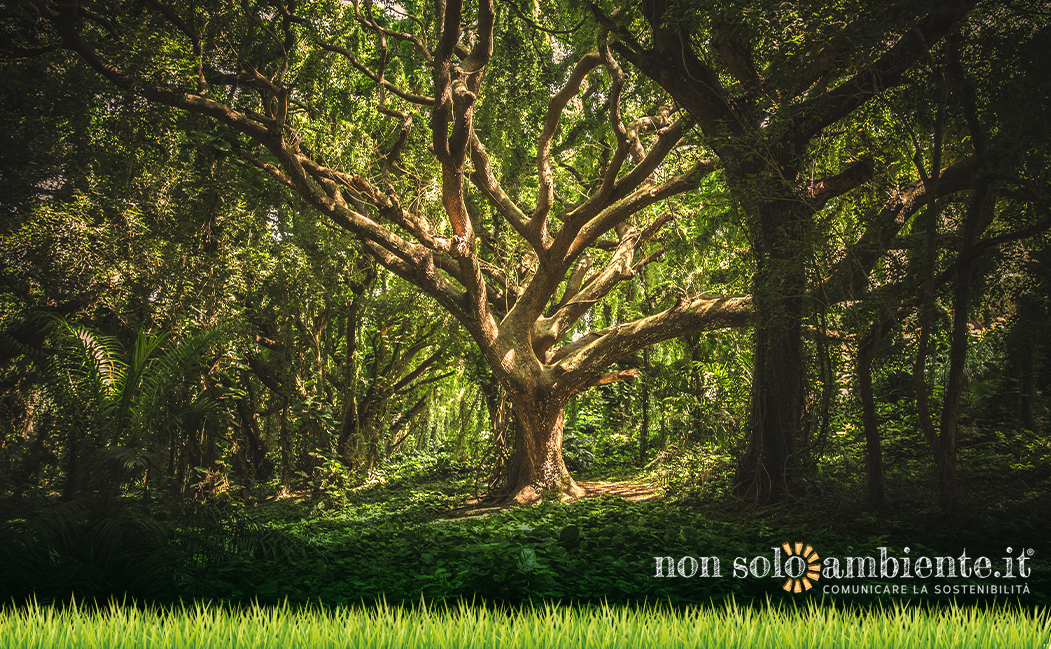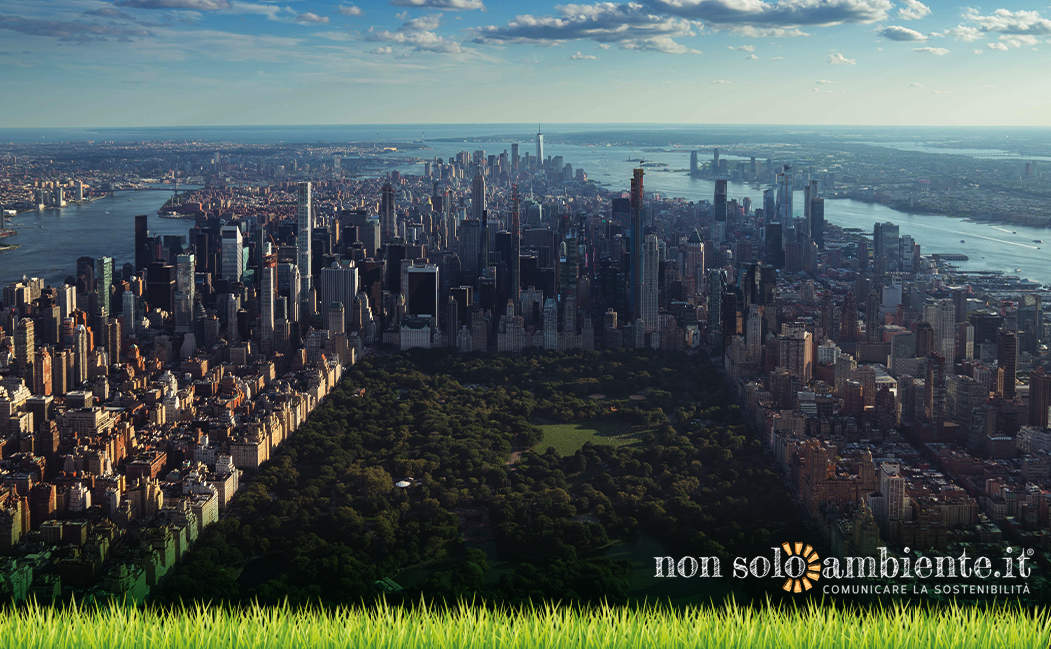
Ultime Notizie

Forests provide homes and habitat for 80% of Earth’s plants and animals, and around 1.6 billion people rely on them for essentials such as fresh water, food, shelter and clothing
According to Bayer, forests also have a primary function in decreasing climate change by acting as carbon sinks. They absorb carbon monoxide which would otherwise settle in the atmosphere and then would contribute to global warming. Therefore, forests are the ones which mainly contribute to the health and wellbeing of the Planet and its inhabitants. Woods offer habitat to 80 percent of terrestrial biodiversity, collect and filter rainfall to protect water quality, act as natural barriers against soil erosion, and help reduce the amount of carbon dioxide in the atmosphere. Close to 1.6 billion people rely on forests for food security, livelihoods and energy sources – that’s more than 20 percent of humanity.
However, forests are under threat; and the menace is called deforestation.
As global populations increase, forests must also meet the increased demand as a renewable resource, providing timber and paper and many other daily uses of wood-based products. Society’s needs for timber is forecasted to quadruple by 2050 in an industry that, according to the World Bank, already employs more than 13.2 million people and contributes more than $600 billion to the global economy.
Moreover, according to The Bean Magazine, "currently forests cover around 30% of the land area on earth, but this percentage is decreasing due to deforestation. Between 46 and 58 thousand square miles of forest are lost every year. Deforestation is particularly severe for tropical rainforests, with 17% of the Amazon having been lost in the past 50 years. If the rate of deforestation continues then in 100 years from now the world’s rainforests will disappear completely. Deforestation is also a large contributor to greenhouse gas emissions, accounting for around 12%. The main causes of deforestation are the result of a small number of commodities. Palm oil, beef, pulp and paper, and soy are responsible for 70% of the earth’s deforestation."
Matheus Gueratto, Market Segment Manager Forestry, Environmental Science LATAM stated that "as the world’s population continues to grow and the need for scarce resources increases, forest restoration and protection will require even more innovative and sustainable management solutions."
For instance, Bayer’s Environmental Science business is committed to offering innovative solutions that allow forestry customers to achieve desired yield rates and improve the efficiency of their plantations while reducing the environmental impact. Some solutions and cases have been discussed during Bayer's Livestream, which involved Matthias Berninger, Head of Public Affairs, Science and Sustainability at Bayer and André Guimarães, Head of the Amazon Environmental Research Institute IPAM.
The take home message from the livestream: "there is much work to be done, but with a continued focus on increased sustainability in the midst of rapid innovation, we are poised to ensure the health of our forests for generations to come. Through collaborative partnerships, innovative technologies and sustainable practices, Bayer continues to work with stakeholders across the globe to help both increase yields on forest lands and preserve native forested areas and ecosystems – for all of us who depend on them."
Tags:
Potrebbero interessarti ...
Snam’s commitment to sustainability at Dubai Expo 2020
13 Ottobre 2021No more chocolate by 2050 because of extreme droughts effects
22 Settembre 2021How much CO₂ do urban forests absorb?
15 Settembre 2021Iscriviti alla nostra Newsletter!
Sei un sostenitore dell'ambiente in tutte le sue forme? Allora sei nel posto giusto!
Iscriviti subito!




